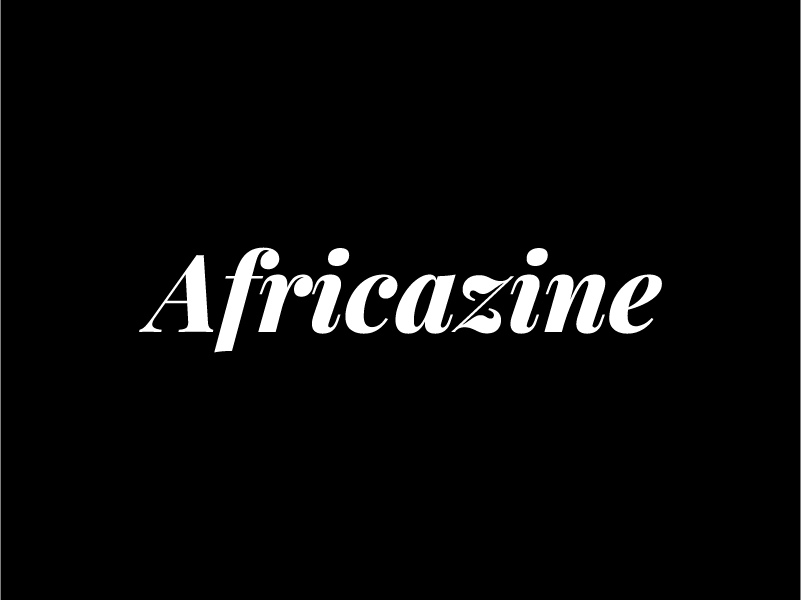What if one of the biggest unsolved problems in mathematics isn’t solely confined to the realm of numbers or computers, but extends to observers like you and me? This intriguing notion came to light in a recent discussion highlighted by Africazine, unveiling a rich intersection between mathematics and human perception.
Mathematics has long been considered a universal language, a pure, objective field where numbers reign supreme. Yet, as mathematicians and physicists delve deeper into complex theories, such as Gödel’s Incompleteness Theorems and the unique concept of observer effects in quantum mechanics, it becomes increasingly apparent that the act of observation itself plays a crucial role in understanding these profound problems.
Consider this: when we analyze mathematical proofs or theories, our interpretations are inherently influenced by our experiences, perspectives, and cognitive biases. As individuals, we carry our unique lenses through which we observe and make sense of the world, intrinsically linking our understanding of mathematics to our identity as observers. This perspective invites a refreshing inquiry into how collective human consciousness can shape, and perhaps redefine, our quest for mathematical truths.
Imagine a community of mathematicians coming together not only as specialists in numbers but also as diverse individuals bringing their cultural backgrounds and life experiences to the table. This fusion of cognitive diversity may lead to innovative solutions and a deeper understanding of the enigmatic questions that have puzzled thinkers for generations.
Furthermore, this conversation resonates with the growing trend in various disciplines to embrace interdisciplinary approaches. Fields like AI research leverage insights from cognitive science, while psychology often incorporates mathematical modeling in behavioral studies. By breaking down silos between realms, we are not only enhancing problem-solving methods but also enriching our overall understanding of complex systems, from climate change to societal dynamics.
In a world evolving rapidly, where globalization enables unprecedented collaboration, the fusion of mathematical reasoning and human observation could pave the way for a new frontier in problem-solving.
So, the next time you ponder over a mathematical question, remember: the equation may not revolve around numbers alone. Instead, it could lie within the captivating interplay between human perception and mathematical reality. This dialogue has the potential to inspire budding mathematicians and thinkers alike, illuminating new pathways in a field long considered rigid.
Stay tuned to Africazine for more thought-provoking discussions that bridge various domains of knowledge. #WorldNews #TechNews #Lifestyle



